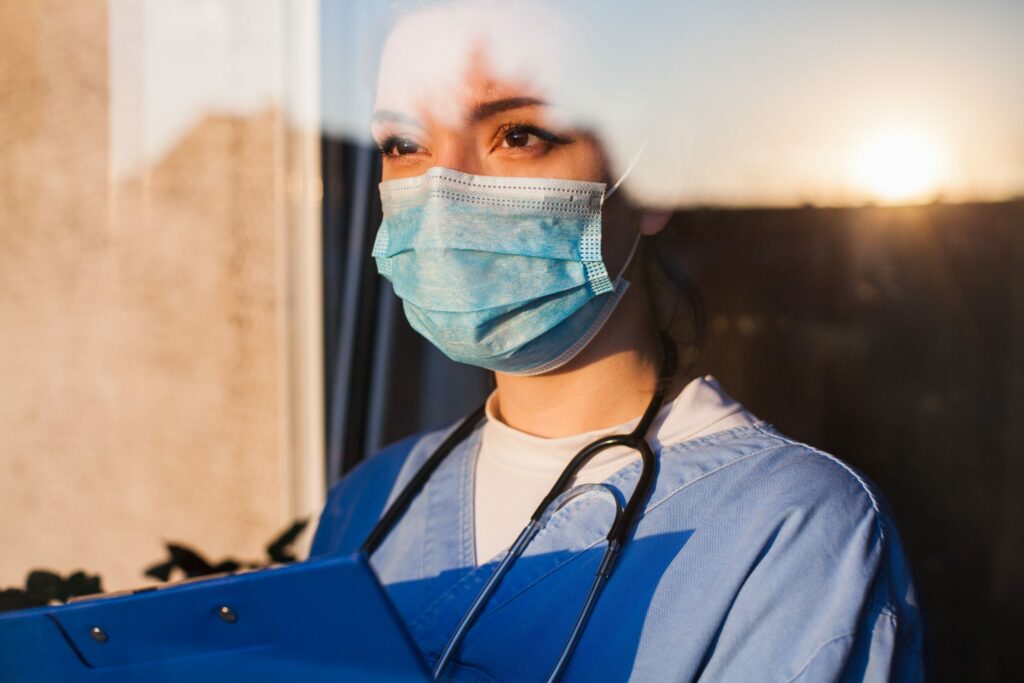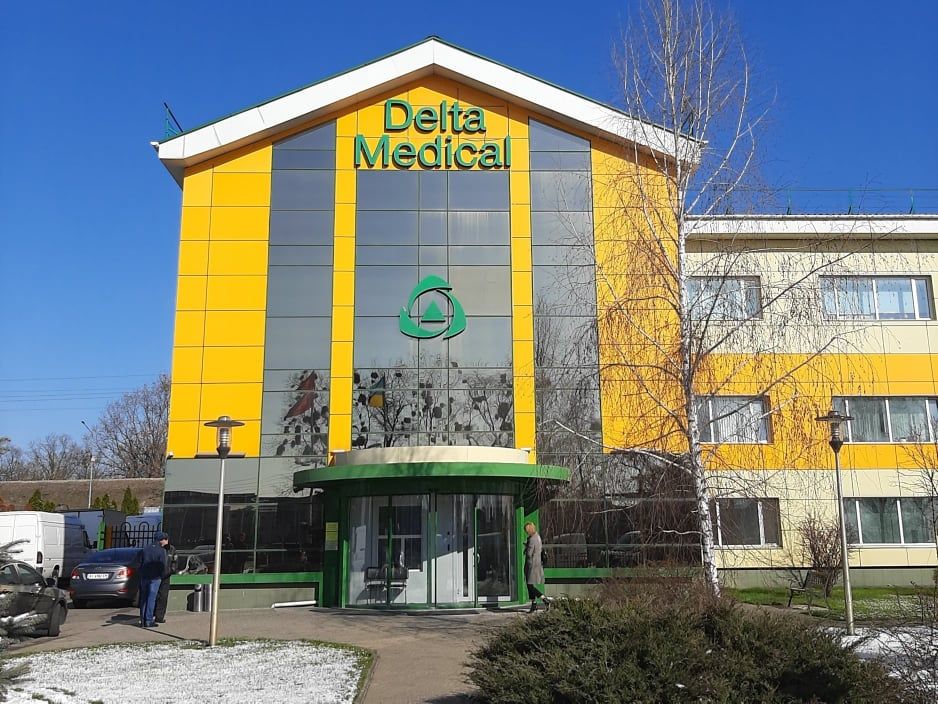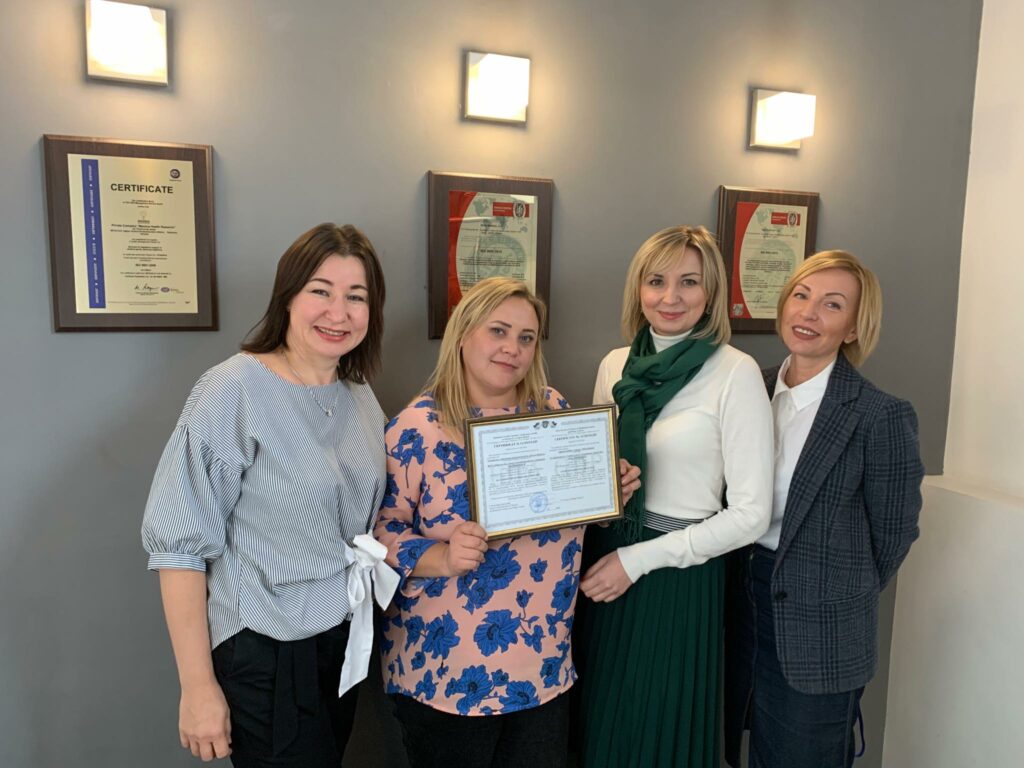Expert medical groups held preliminary meetings to draft guaranteed health care packages in 2024
During the first meetings of the expert groups, the list of services a patient can receive was detailed and clarified, as well as the requirements for health care providers in terms of the number of specialists and equipment. The changes and elaboration of the first meetings are interim options, which will be finalized at the second meeting. The progress of work was reported in the press center of the NHRI.
We tell you about the main proposals and discussions at the first meetings of expert medical groups on priority services in the Medical Guarantee Program.
During the meeting, medical experts worked out proposals for the packages “Pregnancy Management in Outpatient Conditions” and “Medical Care during Childbirth”.
A number of clarifications were made in the names of laboratory tests (indication of the full name). In particular:
In particular, measurement of C-reactive protein was added; screening for group B streptococci (GBS) in premature births; cord blood sampling to determine blood type and Rh factor in children born to Rh-negative women.
The proposal to organize round-the-clock anesthesiological support and to provide non-medication or medication anesthesia, including epidural anesthesia, was also supported.
It was also proposed to increase the number of pediatric neonatologists from at least one person to four.
The experts also slightly strengthened the requirements for facilities to have the necessary equipment:
- CO2 capnograph;
- vacuum fetal extractor;
- obstetric forceps;
- and cubation tubes and ducts.
In addition, emphasis was placed on coordination and referral of female patients by doctors in case of identification of psychological problems, tolerance and prevention/early detection of HIV, TB, hepatitis, etc., interaction and prompt exchange of information on results of biomaterials collection between ZOZ and contractors.
Neonatology
In the session on “Neonatology” medical experts considered the proposals on amendments to the packages “Medical care of newborns and medical rehabilitation of infants”, “Medical rehabilitation of infants born prematurely and/or sick during the first three years of life” and “Neonatal screening”.
After reviewing the proposals, it was decided to make specification changes to some items in the mentioned packages, in particular:
- The provision of round-the-clock care for prematurely born and/or sick children will take place with the
- involvement of parents, in particular in the intensive care unit;
- caffeine citrate was added to the list of mandatory provision of medical drugs;
The package of requirements for equipment in intensive care units and post-intensive nursing units was supplemented with: an oxygen concentrator; an air humidifier; a resuscitation bag for newborns; a laryngoscope with 0.1 clicks; and an electric breast pump.
Medical care for acute myocardial infarction
Some changes were made in the package Medical care for acute myocardial infarction.
On the scope of medical services on the list of laboratory tests it was decided to remove the biochemical blood test for chlorine. It was clarified that in coagulation homeostasis thromboplastin time will be performed either by ACTH or APTH. Creatine kinase isoenzymes (CF) in serum will be investigated if necessary.
It was decided to make the following changes to the requirements for the organization of service provision:
- wards or intensive care units must be separate from wards or intensive care units of other profiles;
- the emphasis on coronavirus has been removed from the list of infection control documents.
- The requirements for specialists will be separated in the requirements for facilities without a laboratory. A ventilator has been added to the list of equipment.
Medical Care for Acute Brain Stroke
Experts also supported a number of changes to the Medical Care for Acute Brain Stroke package.
In the scope of services of the item on the initial examination of the patient, it was added to specify that the examination must take place in a neuroimaging department or office.
The point of neuroimaging was supplemented with angiography. Also, the possibility of speech therapy consultation has been increased from 48 to 72 hours.
Preventive measures are supplemented by the prescription of medications necessary to control chronic diseases.
In additional scope of service requirements:
- Removal of transthoracic echocardiography and duplex scanning of neck vessels.
Changes in the requirements for the organization of service provision:
- instead of a stroke unit, it is allowed to create a stroke unit;
- the number of beds in a stroke unit or block has been increased from 4 to 8;
- the clause on access to neuroimaging was supplemented with its mandatory performance within 60 minutes from the moment of patient’s admission.
Additional requirements to the organization of service provision:
from the clause on angiography equipment the condition of rent, contracting and other conditions of use was removed.
In the specialist requirements:
- the number of nurses is increased from 4 to 8 persons;
- availability of paramedics-laboratory technicians was supplemented by the requirement “round-the-clock post”.
Additional requirements for specialists have been tightened to ensure round-the-clock provision of quality medical care:
the number of such specialists was increased from 2 to 4: A neurosurgeon and/or neuropathologist and/or vascular surgeon and/or cardiovascular surgeon and/or radiologist.
Scopies
During the session on “Scopies” the proposals to the packages for early cancer detection were discussed: “Hysteroscopy”, “Bronchoscopy”, “Esophagogastroduodenoscopy”, “Colonoscopy” and “Cystoscopy”.
The scope of medical services in all 5 packages has not undergone significant changes. In the Bronchoscopy package, the experts added to the specifications that collection and referral of biological material taken during the procedure will be done not only for histologic examination, but also for cytologic or microbiologic examination.
The working group discussed the removal of COVID-19 acute respiratory disease caused by SARS-CoV-2 coronavirus from the items related to infection control of highly dangerous infectious diseases. However, having discussed the situation on COVID-19 morbidity in Ukraine and analyzed WHO data, the experts agreed not to remove this norm from the requirements for the organization of service provision.




